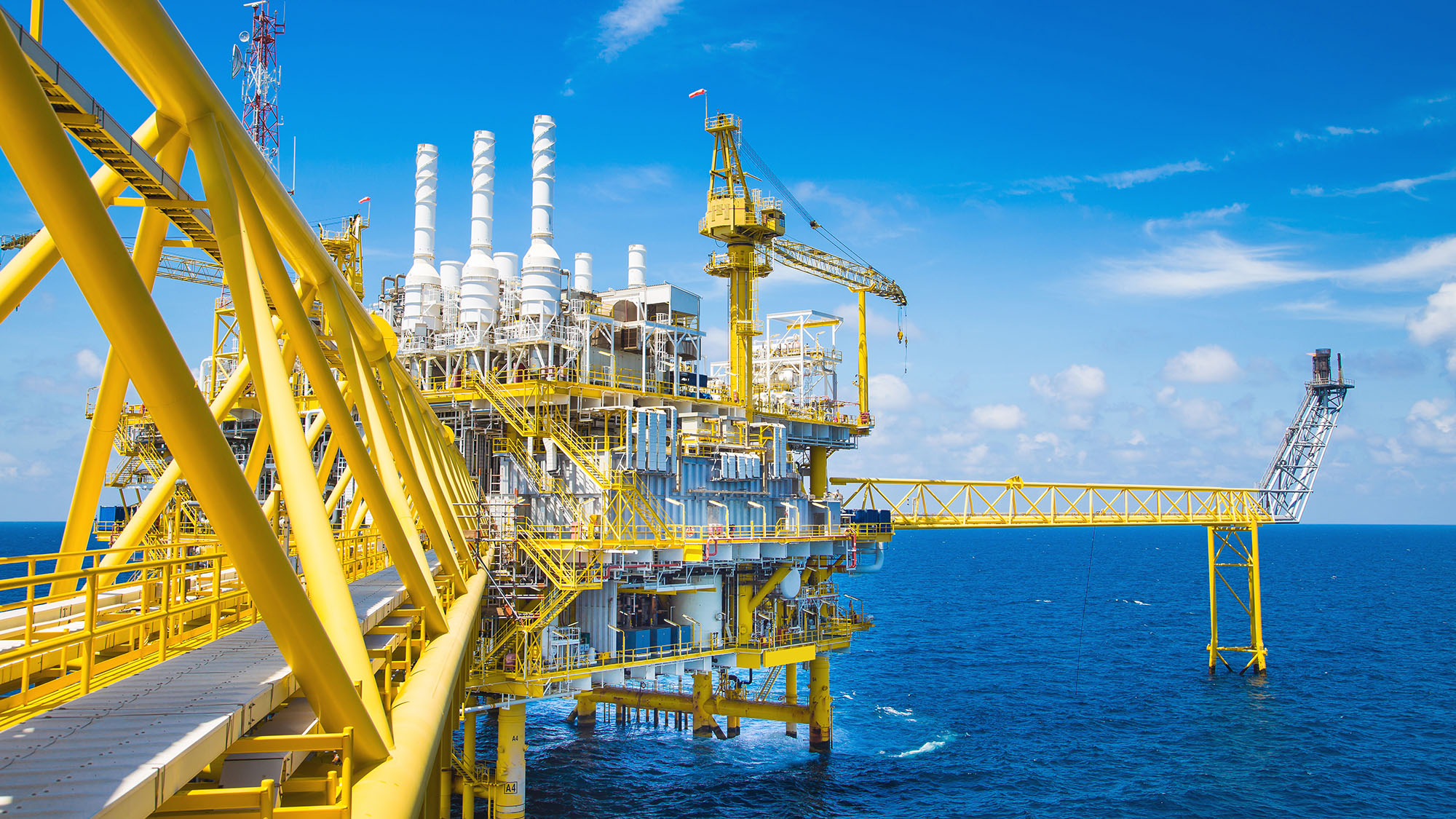 The oil and gas index has returned 170 per cent year-to-date (YTD) gain, positioning the sector as best performing among the five sectors on the country’s bourse in the year.
The oil and gas index has returned 170 per cent year-to-date (YTD) gain, positioning the sector as best performing among the five sectors on the country’s bourse in the year.
The exceptional performance has underscored the sector’s resilience amidst economic reforms and global market turmoil.
The sector’s market index closed last year at 1,043.06 but rose to 2,709.99 points at the close of trading last week.
Data from the Nigerian Exchange Limited (NGX) indicated that the 160 per cent gain recorded by the sector surpassed the performance of the all-share index (ASI) and other four indices: the banking index, insurance index, consumer goods index and the industrial index.
At the close of trading on December 27, 2024, the oil and gas index dominated performance with 170 per cent while the insurance index followed with a 107.64 per cent return to investors.
The consumer goods index ranked third, adding 52.2 per cent. The all-share index, which measures the performance of listed equities stood at 36.6 per cent YTD.
The industrial index also trailed with a 31.47 per cent gain. The banking sector emerged as the worst performing, recording a YTD gain of 21.8 per cent.
Analysts linked the impressive performance of the sector to reforms by the Federal government, especially the implementation of the Petroleum Industry Act (PIA), the removal of fuel subsidy and favourable global oil prices.
They also pointed out that strategic corporate initiatives embarked upon by the listed firms also created positive impacts.
According to them, with strategic reforms, strong corporate performances and investors’ confidence at an all-time high, the sector is poised to remain a major driver of growth in the coming year.
To consolidate the performance, a member of the Exceptional Shareholders Association of Nigeria, Olugbosun Ariyo, said the government must ensure consistency in their policies to sustain investors’ confidence.
“Boosting local content can attract more investment and improve how we operate. We also need to pay attention to global events that affect oil prices; while some tensions can cause price swings, finding solutions can help stabilise the market.
“Again, using new technologies can make production more efficient and cut costs. By focusing on these areas, we can support continued growth in the oil and gas sector,” he added.
President of the New Dimension Shareholders Association of Nigeria, Patrick Ajudua, described the unprecedented gain recorded by the sector as a welcome development.
He pointed out that the exit of some multinationals from the sector paved the way for indigenous firms to list on the nation’s bourse.
Ajudua added that there is a need to ensure sustainability in production level, cost optimisation and reduction in pipeline vandalisation and oil theft to sustain the tempo.
The index has been on a downturn over the past few years, recording negative returns to shareholders. For instance, in 2018, the NGX oil and gas declined by 8.61 per cent. This indicates that, on average, investors in this sector experienced a negative return of 8.61 per cent for the year.
Similarly, the sector declined by 14.6 per cent in 2019. Also, in 2020 and 2021, the index recorded a loss of 13.03 per cent and 8.73 per cent.
However, succour came the way of investors as the sector witnessed a turnaround in performance, achieving a gain of 98.3 per cent in 2023.
A review of some of the companies’ performance showed that Seplat had in October 2024, secured approval for the $1.28 billion acquisition of Exxon Mobil’s onshore assets. This deal includes a 40 per cent stake in four oil mining leases and associated infrastructure, enhancing Seplat’s production capacity and market position.
The company which began the year with a share price of 2,310 has gained 147 per cent on that price valuation, to close at N5,700 on December 27. Its market capitalisation hits N3.35 trillion within the period.
Also, Oando began the year with a share price of 10.50 kobo and has gained 541 per cent on price valuation to close at N68.36 kobo, with a capitalisation of N837 billion ranking it third on the NGX in terms of year-to-date performance.
In July 2024, Oando completed the acquisition of Eni’s onshore assets, further expanding its operational footprint and contributing to its stock appreciation.
Eterna Plc with a market capitalization of NGN 37.2 billion, which is about 0.06% of the Nigerian Stock Exchange equity market closed last Friday at N28.50 from N13.85 kobo at which it reopened for trading at the beginning of the year, adding 106 per cent gain on that price valuation.
In addition, Conoil Plc with a market capitalization of N269 billion, returned 362 per cent gain to investors YTD from N83.90 kobo to 387.20 kobo.






